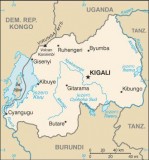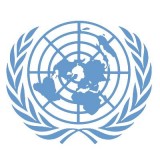Bc. Michaela Nousková
Article count: 8
Views count: 216.580
Full profile page: Bc. Michaela Nousková

4. UN measures and their effectiveness Genocide is not an outburst of spontaneous violence, but above all a well-planned action. The perpetrator is not a mob, but an organized force; most often a political party or an army. In Rwanda, it was President Habyarimana's MRND party and the informal Akazu group.





We believe that there are people with different interests and experiences who could contribute their knowledge and ideas. If you love military history and have experience in historical research, writing articles, editing text, moderating, creating images, graphics or videos, or simply have a desire to contribute to our unique system, you can join us and help us create content that will be interesting and beneficial to other readers.
Find out more